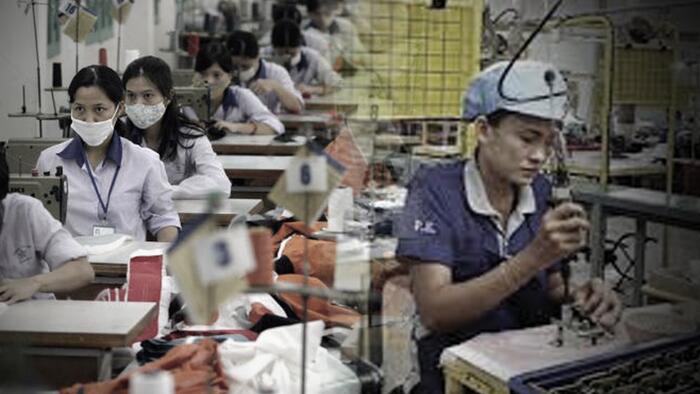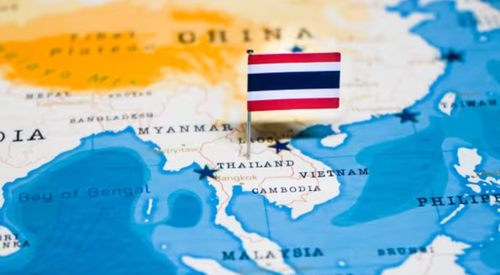


The Covid pandemic sparked a wave of global trade uncertainty, prompting US companies to reevaluate their complex supply chains centered in China by either friend-shoring, near-shoring, or re-shoring. This shift toward friend-shoring in Southeast Asia (ex-China) has positioned Thailand as a pivotal ally in Washington's US-China decoupling strategy.
The 'America First' economic policy directed by President Trump will focus on, most importantly, re-shoring supply chains out of China and back to the US, followed by near-shoring and friend-shoring. Trump is also set to unleash tariffs on foreign goods as the US-China decoupling gathers pace.
Focusing on friend-shoring trends, Goldman's Allen Chang, Verena Jeng, and others hosted the "Make in Thailand Tour" last week.
During the visit to AI server liquid cooling, automotive electronics, electric vehicles, and other high-tech factories in the Southeast Asian country, Chang found a growing number of US companies are requiring suppliers to have not only Chinese factories but also a "plus one" location outside the world's second-largest economy for diversification purposes. This has only sparked a boom in business activity in Thailand.
Chang's first takeaway from the visit to nine factories in Thailand is that geopolitical tensions between US-China are the primary driver of business expansion:
Companies shared that US clients started to mention "China + 1" (production sites outside of China) in 2018, turned more serious in 2022 during COVID with China under lockdown, and increased focus further in 2024 during the US elections. Companies shared some of their clients have stated that they will no longer accept suppliers (for new projects) without "China + 1" by end of 2025. We see geopolitical tensions as the major reason companies are diversifying production into Thailand.
Here are the other main takeaways driving Thailand's expansion:
Major restructuring of supply chains has been underway since Trump's first term as re-shoring, near-shoring, and friend-shoring trends will go into hyper-drive under Trump's second term.
In a separate note, Goldman Chief Economist Jan Hatzius, alongside Alec Phillips, David Mericle, and others, commented on Trump's day one of office on Monday, calling the president's tariff reveal "more benign than expected." This was mainly because Trump did not comment on China's tariff policy while negotiations appeared ongoing with Chinese President Xi Jinping. However, Trump directed his trade efforts toward Canada and Mexico, threatening a 25% on both countries by February.
As for Thailand, it has become an integral part of the US friend-shoring strategy. The big takeaway comes from the Goldman note on US companies demanding suppliers have a plus one factory outside of China, providing tailwinds for Thailand.
Meanwhile, economic tailwinds have likely produced the next yachting boom for the wealthy residents of Thailand.


